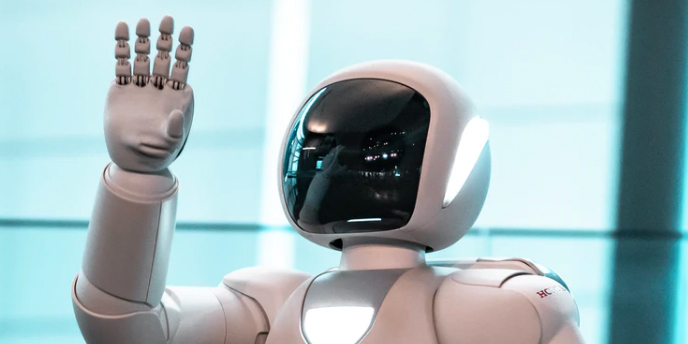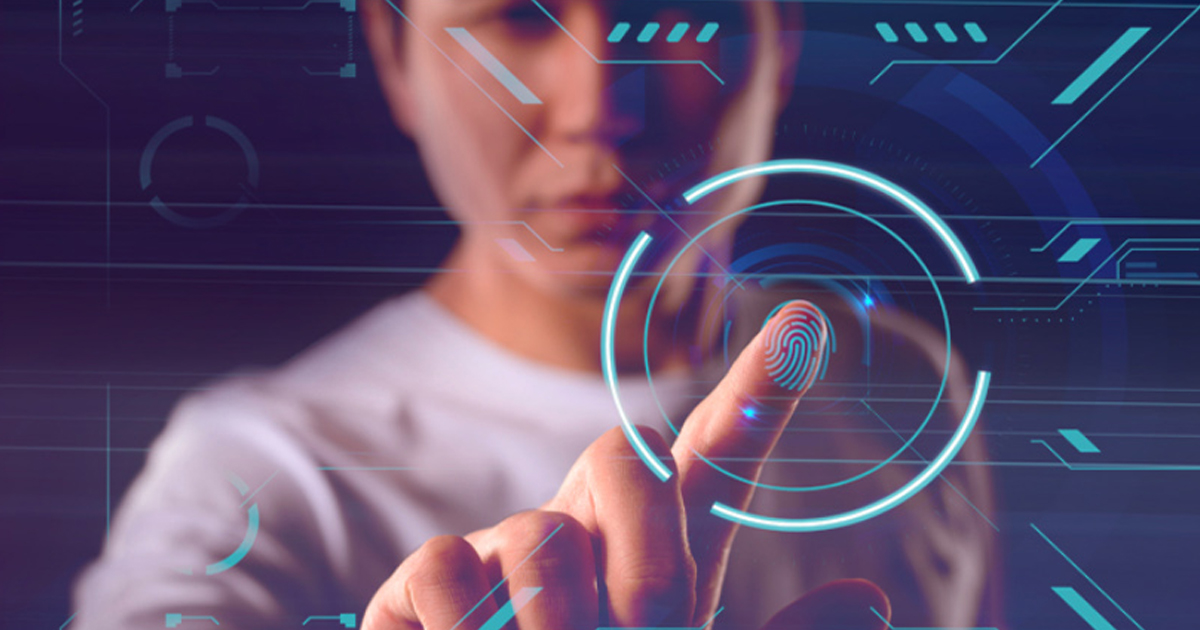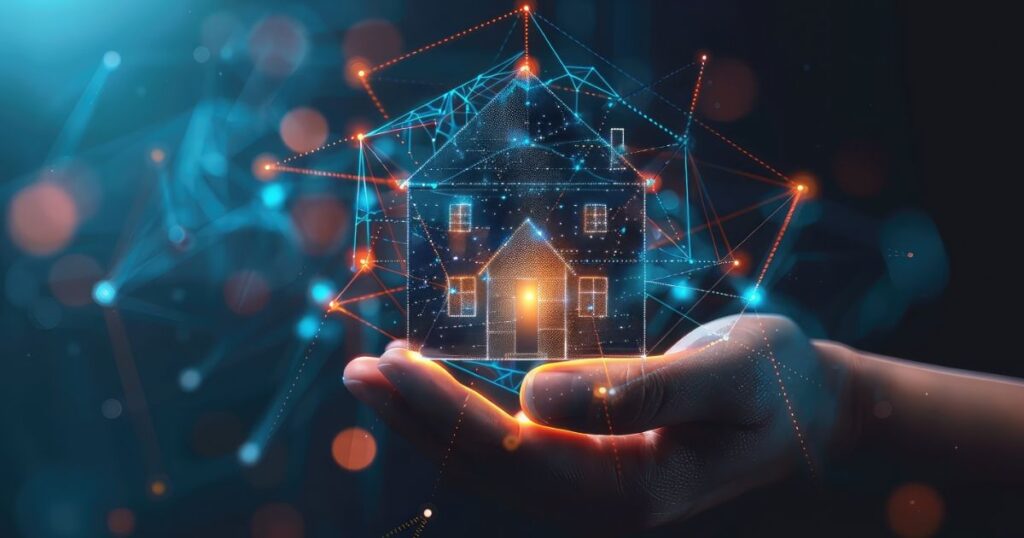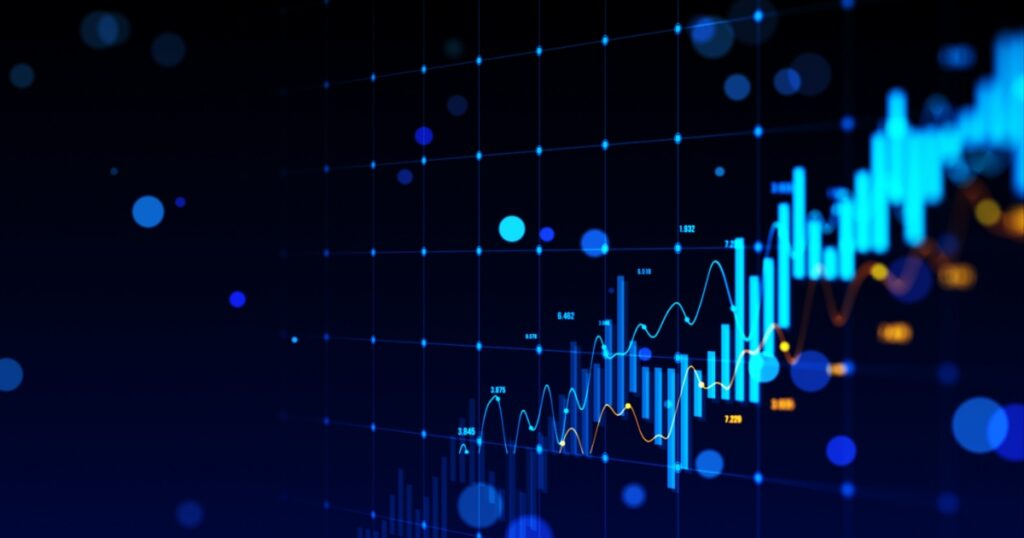Although we seem less rattled with each passing day, halfway through the year, one wouldn’t in their wildest of dreams have imagined how nightmarish this leap year has turned out to be. Every night I go to bed, I still hope that when I wake up in the morning, all this would just have been a bad dream!
This article is to not talk about the resilience of the indomitable human spirit in the face of adversity. A lot has already been said about that. My writings are more about futuristic technologies and how those are going to have an impact on human lives.
Let’s delve into a few fascinating scenarios that the turn of events will present in the future. As they say the present’s never been brighter and that the future’s brighter than ever before. Wait, why would I make such an audacious statement when the world is still grappling to come to terms with the impact of COVID-19? As an afterthought, in such gloomy situations, the human race always wants to desperately cling on to hope. So, here’s some scenes from the future.
1. The rate at which we are devouring content out there on OTT platforms is going to soon exceed the rate at which it is being created
What’s next after you watch almost all of Netflix, Amazon Prime Video, and Hulu combined? The next occurrence of any such calamity may not be a virus that takes us down. We humans are too smart. Once bitten, twice too shy, if I may.
All the streaming services combined won’t be enough to satiate our hunger and save the day for us, if such a situation were to become inevitable. And that’s when the average person will turn producer: creating content while also consuming it. This will be the next big web revolution, somewhat akin to what we saw with Web 2.0, where the Average Joe had turned a contributor.
Imagine, in this case, you have your own story line, plot and can pick the locations and actors you want to play the respective roles, then create a video (make a film) to fit these pieces. This will also be fraught with challenges such as regulation and privacy rights. Such AI will also have to be trained on dealing with plagiarism or verbosity. Once we get there, we will think about crossing the bridge.
Generative Adversarial networks are the most interesting development in the field of Machine learning in the past decade and those that have seen the most profound research and advancements being made ever since. So why is a GAN now the cynosure of my eyes? Well, using a GAN, one would be able to create things that were otherwise considerably beyond one’s capabilities. Magenta (open sourced by Google) has made wonderful strides in the field of creating art and music.
One can create one’s own album of songs, create an art collection in the form of paintings, create videos, though it is still at a very nascent stage. The output of videos is shoddy and leaves far to be desired, but I am sure it will catch up in due time. One will also be able to tell stories of their own creation and fantasy or write novels. RNNs, LSTMs, Lookback and Attention, OpenAI’s GPT-2 are all a step towards making it happen.
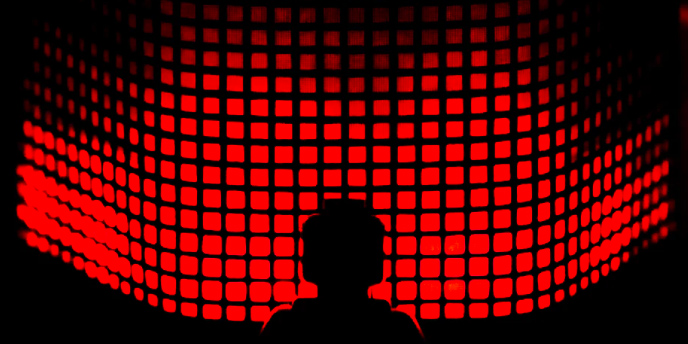
2. Another field that will see a major revolution in the way it redefines the terms of engagement is Education.
I hear the buzzword these days is re-imagining education through all things online. Well current online coaching is just a virtual access to learning. One can remotely teach, learn and assess one’s knowledge. But hey, how far is that going to be effective?
People doubt the efficacy of it at times. It is being seen as a temporary reprieve and a way of augmenting the old ways of imparting education offline in the context of a brick and mortar classroom. What will be the next big wave?
Imagine this. A kid, safe within the confines of his home, puts on an Extended Reality based headset, and it transports him to a classroom bustling with activity, friends indulging in mischief and chattering and playing around; In comes the teacher and the stage is set for the class to start. There is a methodical randomness to it with every session being different from the other. Though the course content is pre-built, the responses it elicits from the students and teacher are based on varying degrees of randomness thrown in for equal measure by the AI fueling the software engine.

3. Language as we know it, shall cease to exist as a barrier to human communication.
Our lack of knowledge of a particular language will no longer present challenges to us in articulately expressing our thoughts in that language. Though this comes with a rider that one should have the gift of gab in one particular language at least: the language that one uses to think. So, in the future, translator tools would have come of age.
And that would just be the tip of the iceberg – Speech, thought recognition and translation with Brain Controlled Interfaces Apps for translation on the go with a voice of your choice will lay the groundwork for a complete change of landscape in this area. Eventually it will all be about the language you use to think. One will not have to learn languages to thrive or for that matter even survive.
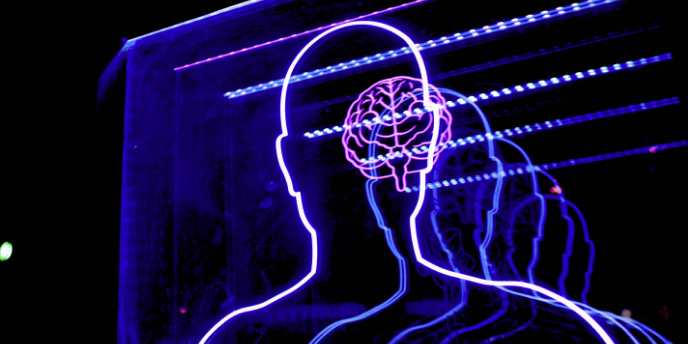
4. It’s not about the new normal anymore, silly! It will all be about the new artificial.
I have always opined that search or Google Search as we like to call it, will be used in the future as a benchmark to gauge the progress of a Society. Although it has refined by leaps and bounds from when it was introduced, it is just in its baby infancy stage and though we find it super-efficient, it is way too sub optimal, in my opinion, given what it can really be in the future. Here’s what a real search would and should look like. Google and other search engines and apps will proactively search on your behalf.
It would know you better than anyone else. At any given time, it will be tracking you and based on a cumulative history and the recent most chain of events and the day and time and a whole lot of parameters, it will already be prepared or suggesting you relevant information as if it is reading your mind. The challenge will be to design a whole new user experience around it. A gargantuan task, nonetheless possible.
